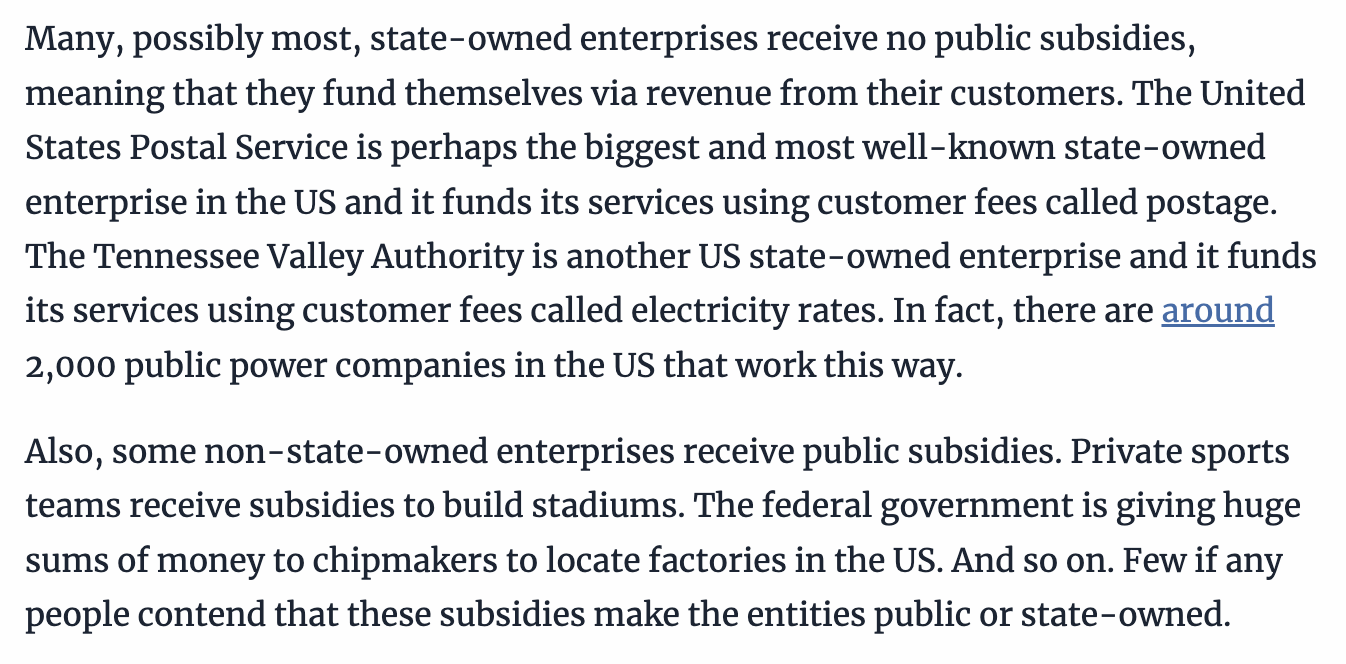For students at #NewCollege, the Florida public liberal arts college that #RonDeSantis is trying to convert to Christianity or something, the "center of the universe" is Palm Court.
Palm Court is an almost-checker-board of Palm Trees, the heart of a dormitory complex designed by IM Pei, the most extraordinary place that I ever lived.
Proconsul Corcoran now plans to evacuate students from that whole side of campus (which also includes newer dorms and the student center). https://ncfcatalyst.com/admitted-student-day-ushers-in-a-new-era-for-new-college/
"we’ve allowed companies to steal our culture and rent it back to us." #quoderat http://www.technologyasnature.com/pyra-c/ #ViaRSS
is prompt engineering safe from ai automation?
mischievous high-school kids in Florida are going to have so much fun bringing up topics their teachers could get in trouble for talking about.
undisguised vindictiveness is a hallmark of the contemporary right. https://journa.host/@dell/110227348408885700
Margaritaville feels awfully uptight these days.
what twitter address do you write to get your free 💩 emoji?
when you say you are asking nicely, you are not.
we’re going to extend copyright, like, forever just because we are so grateful.
 Many, possibly most, state-owned enterprises receive no public subsidies, meaning that they fund themselves via revenue from their customers. The United States Postal Service is perhaps the biggest and most well-known state-owned enterprise in the US and it funds its services using customer fees called postage. The Tennessee Valley Authority is another US state-owned enterprise and it funds its services using customer fees called electricity rates. In fact, there are around 2,000 public power companies in the US that work this way. Also, some non-state-owned enterprises receive public subsidies. Private sports teams receive subsidies to build stadiums. The federal government is giving huge sums of money to chipmakers to locate factories in the US. And so on. Few if any people contend that these subsidies make the entities public or state-owned.
Many, possibly most, state-owned enterprises receive no public subsidies, meaning that they fund themselves via revenue from their customers. The United States Postal Service is perhaps the biggest and most well-known state-owned enterprise in the US and it funds its services using customer fees called postage. The Tennessee Valley Authority is another US state-owned enterprise and it funds its services using customer fees called electricity rates. In fact, there are around 2,000 public power companies in the US that work this way. Also, some non-state-owned enterprises receive public subsidies. Private sports teams receive subsidies to build stadiums. The federal government is giving huge sums of money to chipmakers to locate factories in the US. And so on. Few if any people contend that these subsidies make the entities public or state-owned.
"Boeing is not in the business of making planes, it is in the business of making profits." #MatthewSaroff https://40yrs.blogspot.com/2023/04/still-cant-make-planes.html
// one way to understand the neoliberal period is as a time when people absurdly believed that corporations face no important trade-offs between generating payouts for shareholders and doing real work in the world.
"'A Commission serious about regulating—and not destroying—this market' would be a different SEC! You don’t have to like it, but it is easy to know what the SEC wants." @matt_levine on the state of play in US crypto regulation. https://www.bloomberg.com/opinion/articles/2023-04-17/the-sec-comes-for-bittrex
"So many things that people claim are impossible we once had in living memory and yet people often cannot even accurately recall their own lives and experiences." #quoderat http://www.technologyasnature.com/railroaded/ #ViaRSS
@Jonathanglick (fair enough!)
@Jonathanglick (I'd say "white supremacist" was both. People who bought into the ideology identified, proudly, as white supremacists, and formed tight-knit social groups around that identity, much moreso than say socialists or libertarians which I'd characterize as political ideologies certainly but group identities only weakly.)
@Jonathanglick Here I think we'll agree. There's a distinction between seduction and coercion. I think it's great and fine to offer choices that, if widely taken, might weaken or even destroy an identity group, as long as take-up of that choice is genuinely voluntary. The line between what's voluntary and not can blur, but we should try to insist on as strong a sense of voluntary as possible. Coercing people to take actions that undo identities is terrible. Promotion of such actions need not be.
@Jonathanglick I don't think this is right. Consider the group "white supremicists". From the 19th through the mid 20th Century this was not an epithet, but a proud open identity group. Much of the public thought that it should disappear (and to the unfortunate degree it still exists, thinks that it still should), but there was no hint of murder in that. There is quite extraordinary fluidity in identity groups over time, often without much coercion let alone murder.
